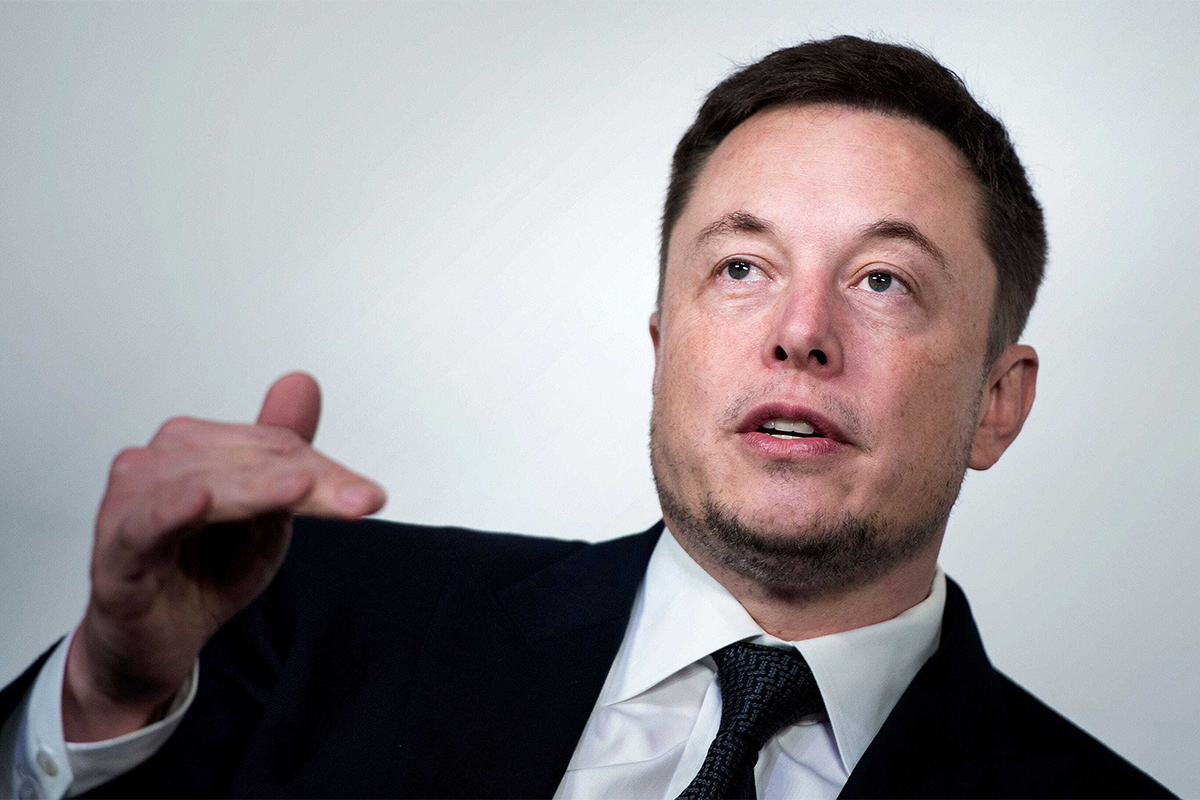Priyanka Chopra’s fans slam Nick Jonas over Elon Musk tweet
Nick Jonas faces backlash from Priyanka Chopra’s fans over his viral tweet involving Elon Musk, sparking online criticism. Details inside.
Twitter’s stocks rose sharply due to the initial excitement following the announcement, then dropped to lev- els lower than they were before Musk’s big reveal.

Elon Musk (Photo: AFP)
Elon Musk’s Twitter takeover is crumbling because it was based on the same shaky foundations as so many tech valuations: Twitter’s stocks rose sharply due to the initial excitement following the announcement, then dropped to lev- els lower than they were before Musk’s big reveal.
These fluctuations are not based on fundamentals. Instead, they are based on news and media connected to Musk’s celebrity. They are also based on questionable metrics provided by Twitter itself.
Advertisement
We need to stop sensationalizing the tech market. The hype and headlines that surround tech startups have replaced rational economic analysis. If this continues, the tech bubble will burst. This will be just as destructive as the dot-com crash of the 1990s. Moreover, it could be potentially catastrophic for retail investors. People’s hard-earned cash is invested in Big Tech, and they will lose out if the bubble does burst.
Advertisement
These sky-high valuations are entirely unjustifiable. Software startups are receiving valuations that are up to 100 times their annual revenue. Take Uber, the hugely popular travel app, for example. It has been valued at almost $100 billion ~ yet in roughly a decade of trading, it has so far failed to return a profit. How can a company that’s consistently losing billions of dollars warrant such a lofty valuation?
The photo and video messaging app Snapchat have a similar valuation, hitting $100 billion in 2021. However, it too has yet to record an annual profit, and in 2020 it posted an eye-watering loss of just under one billion dollars. A fundamental problem is a hype that surrounds both established tech companies and startups. The immediate fizz of excitement that ripples through the investment world as a new tech corporation emerges is understandable. But the media and financial sector then cause this to spiral completely out of control.
There is such an excessive amount of publicity around the tech market that when a single man takes a company private, the stock price rises drastically. Of course, news has always moved markets, but not to this extent.
Suppose the stock price of a global, multibillion-dollar company lies in the hands of one person. In that case, all it takes is for a scandal to come knocking at Musk’s door, and Twitter could collapse. A similar course of events happened to McDonald’s when former CEO Steve Easterbrook was found to have had “an inappropriate relationship with a subordinate.” The fast-food company’s stocks subsequently sank dramatically, losing the company $4 billion.
The volatility of the tech market ~ as underlined by Musk’s lone impact on Twitter’s stock ~ means that it is harder than ever to accurately predict what the future has in store for these tech startups. Yet investors, spurred on media hype, continue to invest at a higher rate than ever. We have recently seen the Nasdaq composite reach a height it has only hit once before in its entire history. That one other time was immediately before the dot-com crash in 2000, and we cannot ignore this troubling sense of foreboding. Two key factors led to the dot-com crash: the use of investment analysis that ignored cash flow, and hugely overvalued stock prices.
Unfortunately, both of these mistakes are being repeated in today’s tech market. It is crucial investors see this sooner rather than later ~ otherwise, inflation and oversized valuations will drive tech companies off the edge of a financial cliff. For an industry that was so rapidly propelled to the top of the investment mountain, it will be a long way down.
Advertisement